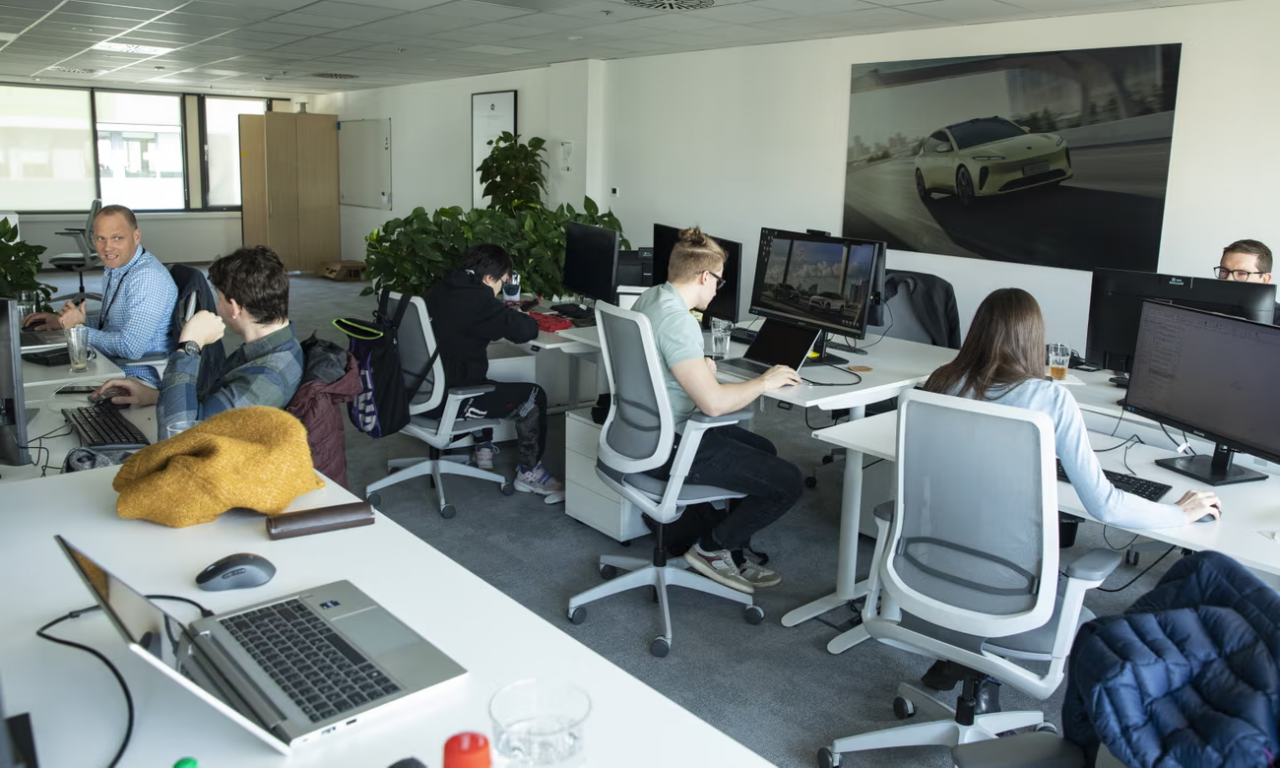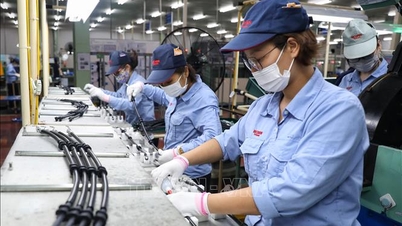Unskilled, part-time and administrative jobs are most likely to be replaced by AI as new technologies are deployed over the next three to five years, the Institute for Public Policy Research (IPPR) said.

The UK is facing a tipping point as more and more companies adopt artificial intelligence (AI) technology to automate everyday tasks in the workplace, the researchers warn.
The report said this first wave of AI applications put workers at risk. However, the second wave is leading to more jobs being automated amid rapid advances in AI.
Analyzing 22,000 jobs across the economy , the IPPR said 11% of jobs are currently held by workers at risk of being replaced by AI. However, that could rise to 59% in a second wave as technologies develop to handle increasingly complex processes.
In the first wave, AI impacted routine jobs like database management, planning, and inventory. In the second wave, it impacted jobs like database creation, copywriting, and graphic design.
Women will be disproportionately affected because “they are more likely to work in the riskiest occupations such as secretaries and administrators,” the IPPR report said.
In the worst-case scenario of a second wave of AI, 7.9 million jobs could be displaced, with GDP growth zero for three to five years. In the best-case scenario, where the workforce is optimized by AI, no jobs would be lost, and the size of the economy could increase by 4%, or around £92 billion a year.
The IPPR says the UK government can act to prevent a “jobs apocalypse” and help harness the power of AI to boost economic growth and raise living standards.
AI will either lead to major disruption of the labor market or a dramatic boost to economic growth. Either way, it will be a game-changer for millions of people, according to Carsten Jung, senior economist at IPPR.
“However, technology is not destiny and the jobs apocalypse is not inevitable - governments, employers and unions have an opportunity to make important decisions now to ensure we manage this new technology well. If they do not act soon, it may be too late,” the expert warned.
(According to The Guardian)
Source












































































































Comment (0)